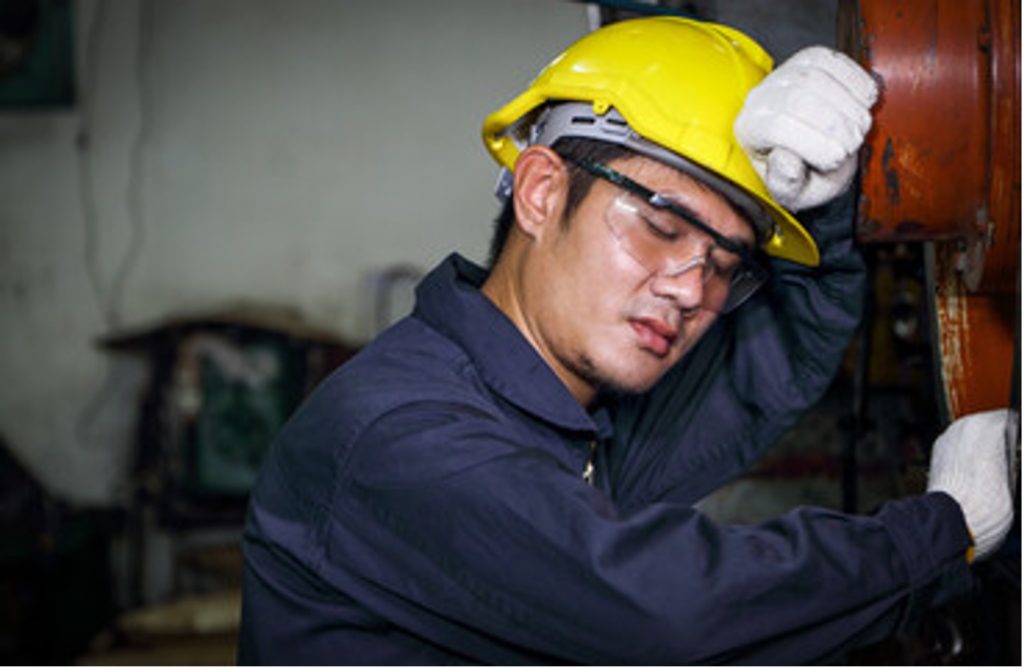Neil Clark, Melanie Mertesdorf and Sadaf Bader from Integrated Human Factors won this year's CIEHF Innovation Award. They demonstrated outstanding human factors work in developing a game-changing, next-generation wearable device that proactively predicts human fatigue in its wearers.
Integrated Human Factors (IHF) have successfully developed a next-generation wearable device (now called Baseline NC) that proactively predicts fatigue in its wearers. The journey to create this device was filled with challenges and learning experiences. It required us to push the boundaries of technology and reimagine the way we address health, wellness, and fatigue prediction. Our team's relentless focus on innovation, technology and just "getting it right" has led to a solution that is not just effective, but also user-friendly and accessible.
This device is more than just a wearable; we genuinely believe it to be a game-changer in fatigue management. Our initial focus is on trams and light railways however, the applications are pan-industry including the wider passenger and freight rail industries. By proactively predicting fatigue through biomarkers, IHF aim to enhance the safety and quality of life for many by providing a tool for data-driven fatigue management. It’s a step towards a future where technology and human performance merge seamlessly to empower individuals and improve overall system performance.
A pilot, which started in 2020, collected a large quantity of data from its volunteers that was used to refine the product and to ‘train’ the wearable algorithms through machine learning. The wearable then underwent rigorous testing and user-centric design enhancements in collaboration with UK tram drivers, control room personnel, data scientists, and independent volunteers.
The project was born out of a need to research, create, develop, and manufacture a viable unobtrusive product that could house a system whose functionality could accurately monitor, and alert increases in cognitive fatigue levels. As a workplace Human Factor Consultancy group, we recognised the need to ensure individual fatigue thresholds are never exceeded and suitable safety margins and processes are put in place to prevent or minimise the introduction of human error, which is often attributed to impeded arousal levels.
The devices feature a sophisticated array of five biometric sensors that continuously monitor the wearer’s vital signs, creating a personalised biometric profile over time. These sensors measure heart rate, blood oxygen saturation, skin temperature, electrocardiogram, and galvanic skin response. Such comprehensive data collection enables the device to detect deviations from the wearer’s baseline, providing real-time, colour-coded alerts for both the user and a control room or supervisor.
The project followed a system Verification and Validation (VnV) development and evaluation process. The evaluation of the Baseline wearable device was non-gender specific and was conducted via a combination of verified and validated subjective SART and KSS feedback, plus objective PVT assessments, in conjunction with observational data gathering from a non-interacting Human Factor Subject Matter Expert observer during simulated scenarios. The outcomes were compared against baseline recorded data and associated RAG status to see if indicated fatigue levels correlated. Independent testing showed that the wearable has an accuracy rate of greater than 98%.



